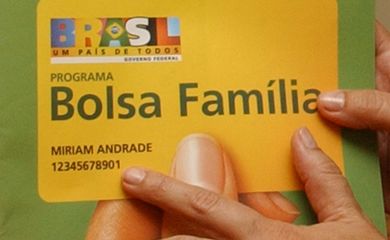Rousseff sanctions 2016-2019 Multi-Year Plan


Brasília - President Rousseff 

President Dilma Rousseff sanctioned the 2016-2019 National Multi-Year Plan (PPA) today (Jan. 14). This is a government planning tool that sets the federal administration's guidelines, goals, and milestones to support government policy execution and management.
Among the government priorities are the National Education Plan (PNE), the Accelerated Growth Program (PAC) and the Brazil without Poverty program.
The PNE was introduced in 2014, setting out 20 goals to be achieved by 2023. These range from expanding education access from early childhood schooling through higher education to raising educational standards to improving teacher recognition through training investment and better pay. As a financial milestone, it sets annual educational investment at 10% of GDP starting at 7% in the first five years of the program and 10% from year 6 on.
Created in 2007 during former President Luiz Inacio Lula da Silva's second term (2007-2010), the PAC helped the country resume planning and execution of large-scale social, urban, logistics, and energy infrastructure projects. On the second stage of the program (2015-2018), the government plans to invest $263.4 billion.
Brazil without Poverty aims to improve the income and living standards of Brazilians in poorer families with monthly per capita incomes no higher than $17.56. According to the Brazilian Institute of Geography and Statistics (IBGE), this is the situation of 16.2 million Brazilians.
Translated by Mayra Borges
Fonte: Rousseff sanctions 2016-2019 Multi-Year Plan



